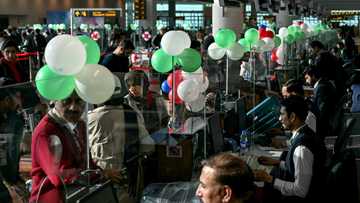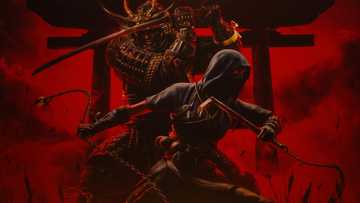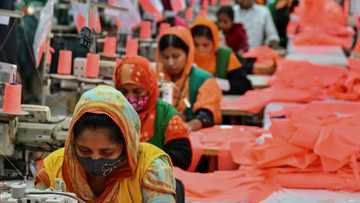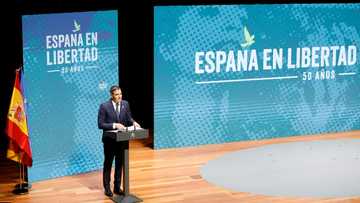Ubisoft: the 'Assassin's Creed' maker targeted by suitors
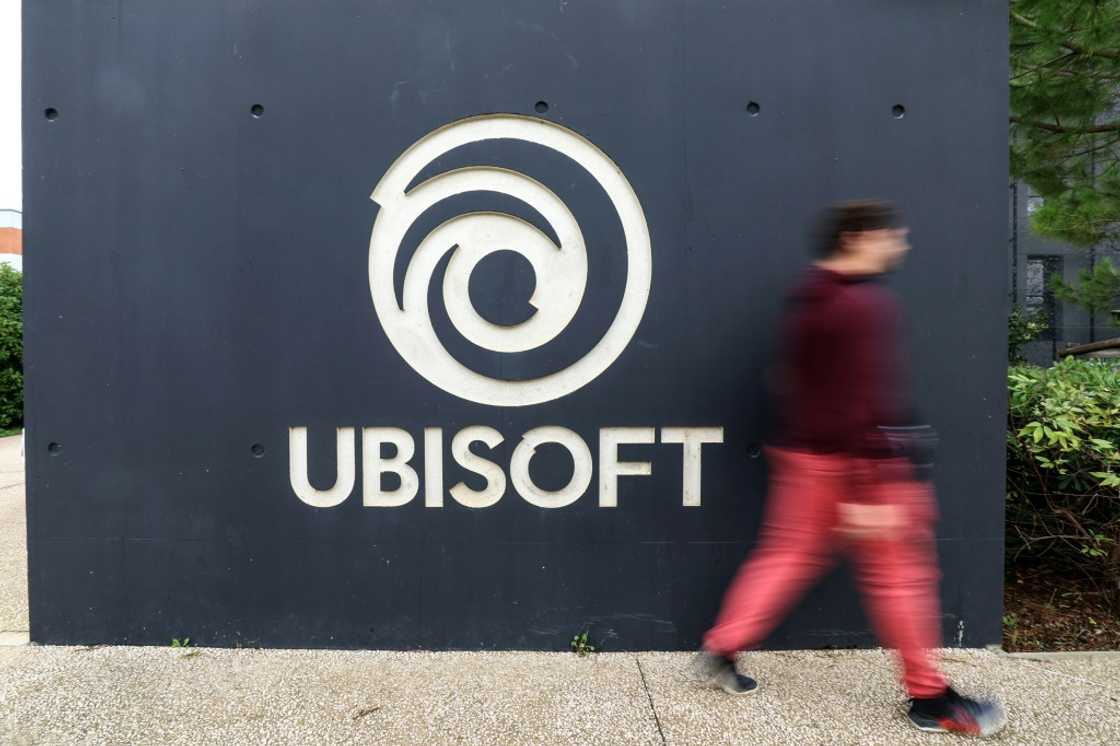
Source: AFP
From its founding in 1986, French video game maker Ubisoft has grown into a giant of the sector with operations in 20 countries and an uber popular franchise, "Assassin's Creed".
But the firm has struggled as of late, making it a prime takeover candidate by global entertainment companies.
Here is a look at Ubisoft over the years:
1986: Humble beginnings
Ubisoft's story began on the rainy Brittany peninsula in France's northwest, with five brothers born into a family trading in agricultural machines.
The Guillemot brothers opened a company re-selling imported video games in 1986, but quickly pivoted to developing their own games under the name Ubisoft.
Over the following decades, the minnow swelled into one of the biggest independent studios anywhere in the world, with 2.3 billion euros ($2.4 billion) in revenue in its 2023-24 financial year.
1995: 'Rayman' kicks things off
Ubisoft's first developer studios were opened in France and Romania in 1994-95, coinciding with the release of one of its biggest games, "Rayman".
The platformer, whose protagonist's hands and feet float at the ends of invisible arms and legs, sells millions of copies to become one of the most-played French games worldwide.
Ubisoft's portfolio expanded hugely over the years to include platformer "Prince of Persia", first-person shooters "Rainbow Six" and "Far Cry", and rhythmic choreography series "Just Dance".
2007: Assassin's Creed
Its true blockbuster emerged with the 2007 release of "Assassin's Creed".
The third-person parcour and stealth action game allowed players to explore a huge and detailed historical world in the era of the Crusades, weaving through crowds in densely-populated cities and leaping from rooftop to rooftop to evade guards.
Followed up with a stream of sequels spanning different time periods, from ancient Egypt to the French Revolution, the franchise has been a money-spinner for Ubisoft.
Ubisoft said last year "Assassin's Creed" titles brought in four billion euros of revenue over the past decade, boasting more than 200 million individual sales over the life of the series.
2015: Vivendi makes a move
By the late 2000s, Ubisoft was a listed company with studios in multiple countries and a subsidiary, Gameloft, specialising in games for smartphones.
But from 2015, the developer faced a takeover attempt from the Vivendi group controlled by conservative billionaire Vincent Bollore.
Vivendi built a 25-percent stake by the following year with the avowed intent of a full takeover.
Fierce resistance from the Guillemots eventually deterred Bollore, with Vivendi selling part of its stake to China's Tencent and the Ontario Teachers pension fund in 2018.
Vivendi sold its remaining Ubisoft shares a year later.
The battle was not without cost for Ubisoft's founders, who were "reluctantly" forced to sell Gameloft to Vivendi in 2016.
2020: #MeToo hits home
Although presenting itself as an inclusive company, Ubisoft was not spared sexual harassment allegations in the wake of the #MeToo movement, with several current or former employees testifying against senior managers in summer 2020.
Several of those top staff were either bundled out or resigned, including Ubisoft number two Serge Hascoet and the head of its Canadian studios.
Ubisoft, which employs almost 18,700 people worldwide, launched several internal investigations.
Chief executive Yves Guillemot promised to offer "a safe working environment" through deep changes to its culture.
The scandals nevertheless left a stain on Ubisoft's reputation.
2022: Industry consolidation
The video games industry saw a spate of mergers and acquisitions in 2022.
Microsoft scored the biggest tie-up deal yet in the sector with its January takeover of Activision Blizzard, makers of "Call of Duty", "Guitar Hero" and "World of Warcraft".
Ubisoft's ample portfolio of popular game series made it another prime potential target for a takeover.
But Tencent allied with the Guillemot founders to buttress the firm against any attempts.
2024: strikes and a stock market tumble
Several of Ubisoft's new releases in 2024 saw disappointing sales, including "Star Wars Outlaws" and the latest "Prince of Persia" instalment.
Its free-to-play shooter "XDefiant", supposed to challenge "Call of Duty", was a disaster, shutting down just six months after launch.
Strikes over pay and teleworking in France, where Ubisoft employs around 4,000 people, also took their toll.
Its share price fell by almost half over the course of the year.
2025: Uncertain future
On Thursday, Ubisoft pushed back the release of its next "Assassin's Creed" title and lowered its financial forecasts.
Bosses cited poor holiday sales, including for "Star Wars Outlaws", and the abrupt end to "XDefiant".
Ubisoft also said it would "review and pursue various transformational strategic and capitalistic options to extract the best value for stakeholders".
Recent months have seen an upsurge in rumours about potential takeovers of the company.
The news again sent Ubisoft shares tumbling on Friday.
PAY ATTENTION: Сheck out news that is picked exactly for YOU ➡️ find the “Recommended for you” block on the home page and enjoy!
Source: AFP


